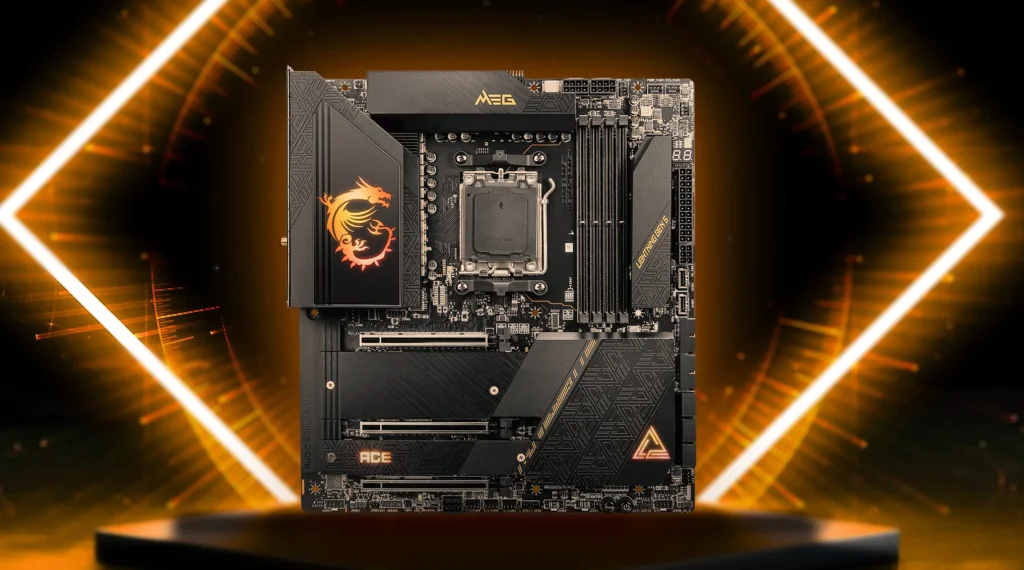Understanding KBB Value: The Key to Smart Car Buying

When it comes to buying or selling a car, the term “KBB Value” often comes up as a critical factor in determining a fair price. But what exactly is KBB Value, and why is it so important in the automotive market? Understanding KBB Value can significantly influence your car-buying decisions, ensuring you make informed choices based on reliable data.
What is KBB Value?
KBB Value refers to the estimated market value of a vehicle as determined by Kelley Blue Book (KBB). Kelley Blue Book is one of the most trusted sources in the automotive industry for pricing new and used vehicles. The KBB Value is calculated using a variety of factors, including the car’s make, model, year, condition, mileage, and location. These elements contribute to an accurate estimate of what a vehicle is worth in the current market.
The Importance of KBB Value in Car Buying
Understanding the KBB Value of a car is essential for both buyers and sellers. For buyers, it provides a benchmark to determine whether the asking price of a vehicle is fair. For sellers, KBB Value helps in setting a competitive price that aligns with market trends. Whether you’re negotiating the purchase of a used car or planning to sell your current vehicle, KBB Value serves as a critical tool in ensuring you get the best deal possible.
How is KBB Value Calculated?
KBB Value is not just a random number; it’s a well-researched estimate based on real-time data. Kelley Blue Book uses a combination of historical pricing trends, economic conditions, and the latest market data to calculate the value of a vehicle. The condition of the car, such as whether it’s in excellent, good, fair, or poor condition, also plays a significant role in determining its KBB Value. Mileage is another crucial factor, as cars with lower mileage tend to have a higher KBB Value.
Types of KBB Value
Kelley Blue Book provides several different values to consider, depending on the context of the transaction:
- Trade-In Value: This is the amount you can expect to receive from a dealer when trading in your car. The KBB Trade-In Value is usually lower than the private party value, as dealers need to account for potential repairs and resale margins.
- Private Party Value: The KBB Private Party Value represents the price you can expect to get when selling your car directly to another individual. This value is often higher than the trade-in value, as there is no middleman involved.
- Retail Value: This is the price you might expect to pay when buying a car from a dealership. The KBB Retail Value typically includes dealer markups, warranties, and reconditioning costs.
- Certified Pre-Owned (CPO) Value: The CPO Value is specific to vehicles that have been certified by the manufacturer after meeting certain criteria, such as passing a detailed inspection and being within a certain age and mileage range.
KBB Value and Negotiation
KBB Value can be a powerful tool in negotiation. When you know the KBB Value of a car, you can confidently negotiate the price with sellers or buyers. If you’re buying a car, you can use the KBB Value to argue for a lower price if the asking price is above market value. Conversely, if you’re selling, knowing the KBB Value helps you set a price that is attractive to buyers while ensuring you get a fair deal.
Factors That Affect KBB Value
Several factors can influence a car’s KBB Value:
- Market Demand: Cars that are in high demand typically have a higher KBB Value. Conversely, vehicles that are less popular may have a lower value.
- Seasonality: The time of year can impact KBB Value. For example, convertibles may have a higher value in the summer, while four-wheel-drive vehicles might see a boost in the winter.
- Location: The region where you live can also affect KBB Value. Certain vehicles may be more desirable in specific areas, such as trucks in rural regions.
- Condition: The overall condition of the car, including its mechanical health and aesthetic appeal, will directly impact its KBB Value.
Using KBB Value to Make Informed Decisions
When buying a used car, checking the KBB Value should be one of your first steps. This will give you a clear understanding of what the car is worth and help you avoid overpaying. On the other hand, if you’re selling a car, knowing its KBB Value allows you to price it competitively, attracting potential buyers while ensuring you get a fair price.
KBB Value in the Digital Age
In today’s digital age, accessing KBB Value is easier than ever. Kelley Blue Book offers online tools that allow you to quickly check the value of any car. This accessibility makes it convenient for anyone to make informed decisions when buying or selling vehicles. The KBB Value is updated regularly, reflecting the latest market trends and ensuring the most accurate pricing information.
Conclusion
Understanding KBB Value is crucial for anyone involved in the car buying or selling process. It provides a reliable estimate of a vehicle’s worth, helping both buyers and sellers make informed decisions. Whether you’re purchasing your first car or looking to sell your current one, knowing the KBB Value can give you the confidence to negotiate effectively and ensure you get the best deal possible.
Always keep the KBB Value in mind as it serves as a guide to navigating the complexities of the automotive market, ultimately leading you to a smarter and more satisfying transaction.










